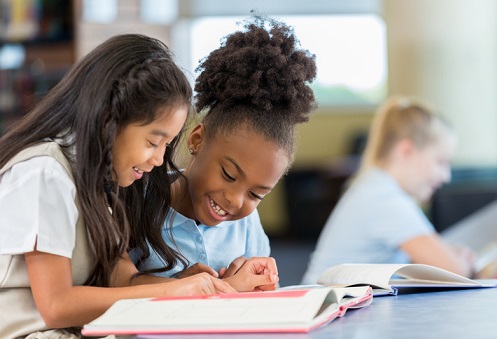
A systematic review of over 10,000 Australian studies has shed light on how policymakers can improve Indigenous education.
A team of 13 academics from several universities across Australia uncovered a range of issues around literacy, numeracy, racism, school leadership, remote education, and school-community partnerships.
According to a summary of three academics who completed a review on the impact of racism on Aboriginal students’ education, this issue can lead to “disengagement, de-identification and reduced wellness” among Indigenous students.
“Empirical evidence demonstrates that racism negatively impacts the experiences of Aboriginal and Torres Strait Islander students from primary school, through high school, and to later life, when those students become parents, employees and Elders,” the academics wrote.
“The impacts on students are harmful, wide-reaching and life-long, and influence academic achievement, attitudes to language, emotional well-being, physical health, self-concept, school attendance, and post-school pathways, and eventually school choice and engagement when those students become parents.”
Dr Kevin Lowe of Macquarie University completed a review on factors affecting the development of school and Aboriginal community partnerships.
Seven major themes emerged from the research, including the historic effects of colonisation, institutional practices that damaged engagement, and the importance of leadership in establishing successful collaborations.
Dr Lowe’s findings suggested that parents “looked for authentic opportunities for collaborations that had the purpose of transforming their children’s educational opportunities.”
Meanwhile, many studies identified “the critical role of schools and teachers in being able to develop meaningful relational strategies that built trust and respect between stakeholders.”
Dr Lowe says that factors shown to feed student success included an agreed purpose of schooling, a holistic approach to learning, quality teaching practices, and access to language and cultural programs.
“Communities prefer purposeful engagement that is directly linked to a specific cohort’s education outcomes,” Dr Lowe said.
“It is important for schools to develop meaningful, two-way relationships with families and the community built on trust and respect between the parties.
Dr Lowe said that for teachers to be able to effectively communicate with parents and relate with them, they need specific knowledge about the community they’re teaching in.
“Teachers’ beliefs determined their success in the classroom. Teachers’ often had strong preconceptions about Aboriginal kids and communities even if they had little or no experience in these communities,” he said.
The findings will be reported to policy and program managers in the Department of Prime Minister and Cabinet, the Commonwealth Department of Education and Training, AITSIL, ACARA and other agencies.
Related stories:
Indigenous student population booming
Closing the Gap: How is Australia tracking 10 years on?


